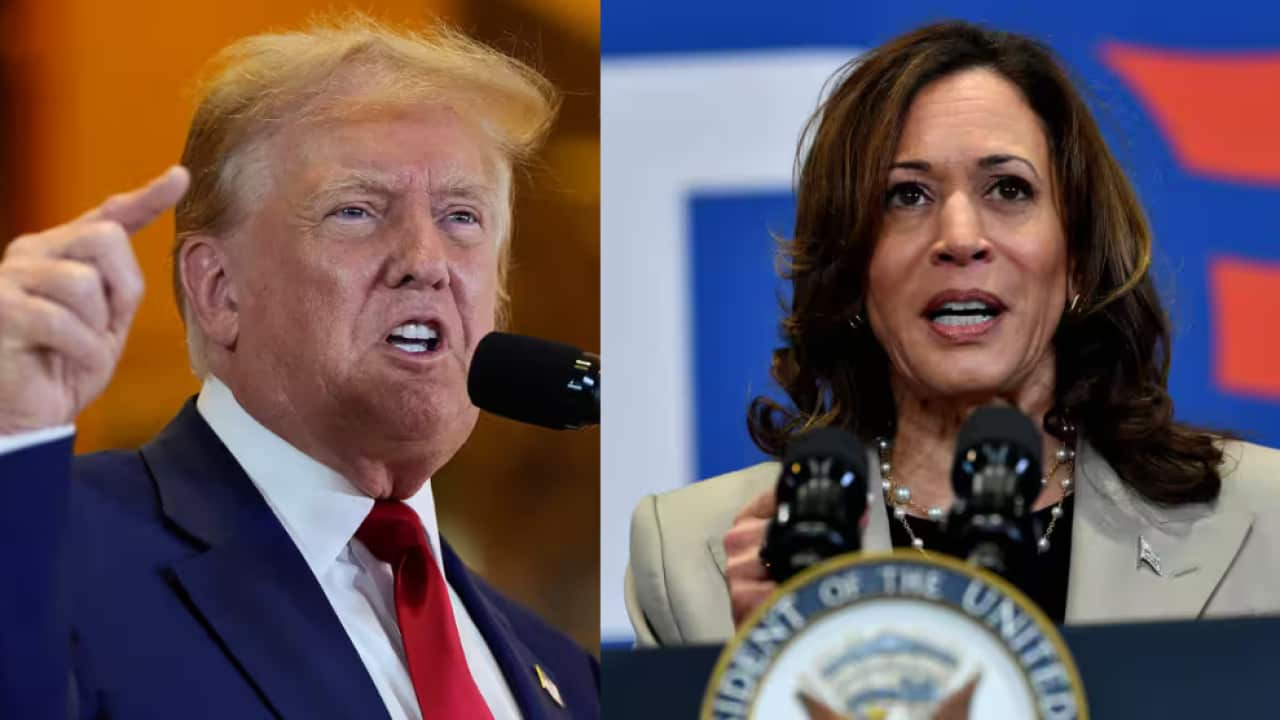International Women's Day is a joyous festival for China's e-commerce retailers as they look to angle their campaigns towards female consumers.
China has recognised International Women's Day since 1949 when the country became socialist.
However, the day's significance has moved away from female empowerment for the country's e-commerce retailers over recent years - who brand the day as 'Queens Day' or 'Goddess Day'.
Instead of celebrating womanhood, retailers in the country use the day to promote women's fashion, accessories, cosmetics, foods and health products.
'Queen's Day' promotions can be found on the websites of major Chinese online retailers Taobao, TMall, and Jingdong.
Despite criticism from some circles, retailers believe that women in China are increasingly seen as economically independent, according to Xiyan Zhang, who is the CEO of the Sydney-based cross border e-commerce company ZhenXiangJia APP.
According to China's National Bureau of Statistics, in 2018, women made up 43.5 per cent of China's workforce.
The increase of women in the jobs market is seen by pundits as a fundamental cause of the country's increased economic strength.
The e-commerce retailers have seized on the opportunity to target their products towards female customers and Australian retailers are benefitting.
Ms Zhang told SBS Mandarin that almost half of the Chinese family's spending was controlled by women.
"According to the research data released by Vipshop and NetEase in 2018, 44 per cent of Chinese families have their wives to control the money, while 67 per cent of the families let the hostess make the shopping decisions," she said.
Ms Zhang said the economic strength of women is stronger in China's developed cities.
"Seventy per cent of women living in China's first-tier cities are purchasing fashion, accessories and skin care products not only for themselves but also their husbands and boyfriends," Ms Zhang said.
"They are taking care of their own needs as well as their partners and parents."
Chinese e-commerce giant TMall said in its 2018 annual report that seven out of 10 cross-border consumers on its platform were women.
Despite the increased job opportunities and economic independence, there is still a dramatic gap in gender equality in China.
According to the Global Gender Gap Report 2017, gender equality in China ranked 100 out of 144 countries, lower than the world average.
Furthermore, as a country that witnessed significant economic growth over the past decade, China only ranked 86th in terms of economic participation and opportunity - but estimates suggested that it can see a US$2.5 trillion GDP increase from gender parity.






